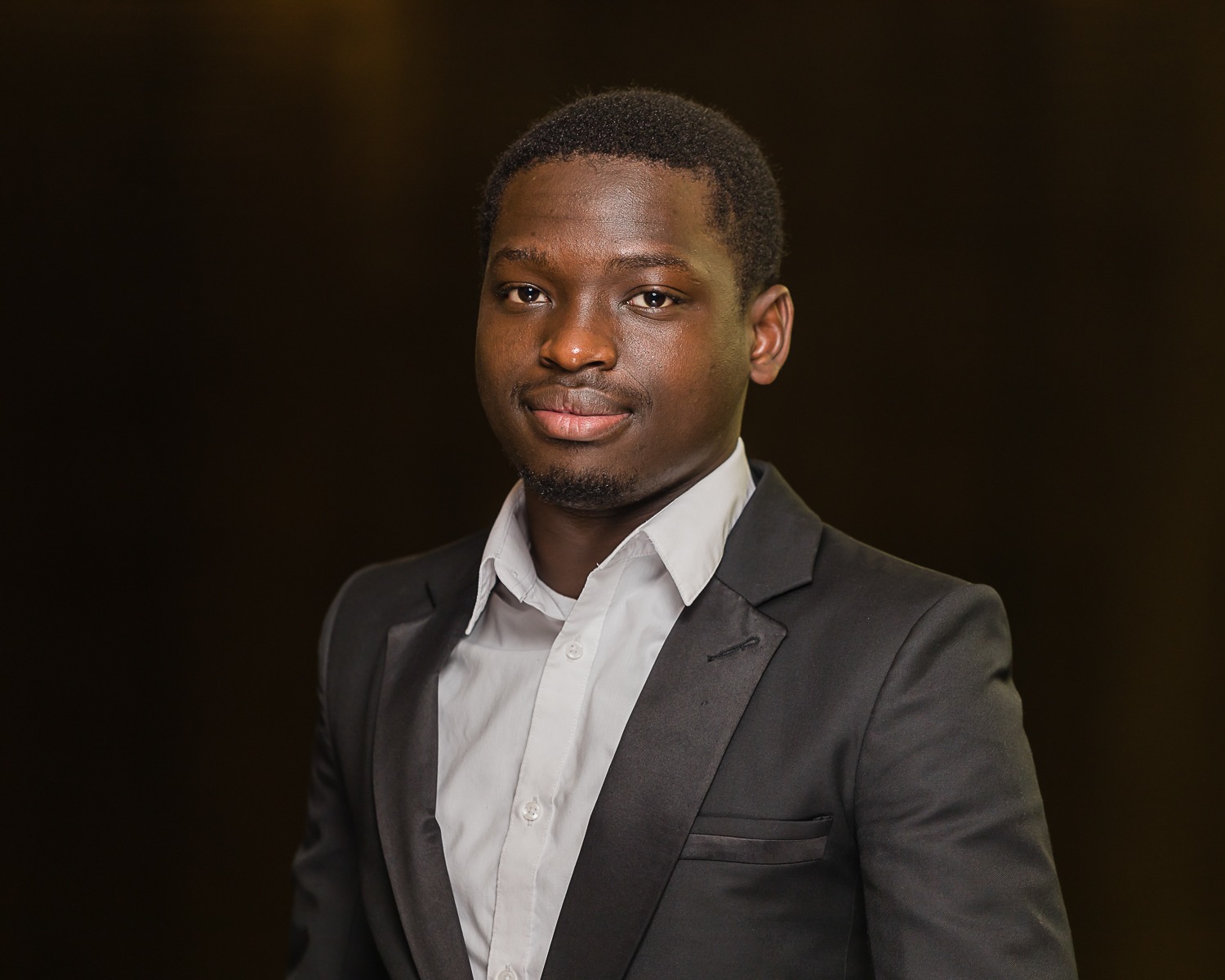Engineering Senior Develops Plan to Bring Wi-Fi to Low-Income Families
by Deborah Laker
 In March, the COVID-19 pandemic brought the world to a halt, including the world of ORU. In-person classes
transferred to virtual learning. Internships were cancelled. Travel plans were postponed.
And summer plans were disrupted, especially for international students.
In March, the COVID-19 pandemic brought the world to a halt, including the world of ORU. In-person classes
transferred to virtual learning. Internships were cancelled. Travel plans were postponed.
And summer plans were disrupted, especially for international students.
Electrical Engineering senior Samuel Joy Tandeka was one of those students. Unable to return to his home country of Uganda due to travel restrictions, he opted to stay on the ORU campus. In May, he received an email from Engineering College administrative secretary Kerri Ophus informing him about Impact Academy, a social entrepreneurship initiative hosted by the George Kaiser Family Foundation that pairs interns with Tulsa-based organizations.
“I didn't really take it seriously,” Tandeka said. “But when my friend [Michael Afolabi]… told me about it, I went ahead and applied in a joking way, because I didn't expect to get an internship with the current COVID situation.”
However, Tandeka impressed the internship supervisors during the interview process with his exceptional grades and passion for problem-solving. To his surprise he was selected as one of the 25 interns in the first cohort of the program.
Impact Academy was created to empower junior and senior college students to solve worthwhile problems in Tulsa by connecting them with civic, philanthropic, entrepreneurial, and social service organizations. Combating the food desert in North Tulsa, expanding mental health resources to rural Oklahoma, and supporting educators in Teach for America were some of the projects undertaken by the project’s interns.
Tandeka was placed on the internet equity team. With COVID-19 forcing many to work and study from home, internet access has become a necessity. Tandeka and his four teammates were tasked with creating a sustainable internet access plan for Tulsa households lacking this service.
Over the course of nine weeks, the team partnered with the City of Tulsa, Jenks Public Schools, and Tulsa Public Schools to launch the Internet Access Task Force. Analyzing the market and building a five-year financial model were Tandeka’s main contributions to the project.
Tandeka explains: “I used Tulsa’s planning office maps to identify Section 8 housing complexes, where many people who lack internet live. With that information, I was able make phone calls to find out why people can't access the internet.”
Through research and interviews, he discovered nearly 57,000 households in Tulsa county do not have fast, reliable internet at home.
To create the financial model, he assessed the cost of purchasing routers, maintaining reliable Wi-Fi, funds for the Tulsa and Jenks public schools. Oklahoma Governor Kevin Stitt and the State of Oklahoma’s Coronavirus Relief Funds offered $5.6 million to provide internet access for Tulsa families. To ensure that the program is sustainable, Tandeka explains that, although the families will receive free internet for the first year, they will gradually build up to making $10 monthly contributions for the service.
“Through the internship, I learned how to solve problems, think critically, and value communication,” Tandeka said. “These are skills I am implementing into my life as a student.”
Although the internship developed him professionally, it did not come without challenges. Since Impact Academy was a remote internship, Tandeka says he had to learn how to manage his time effectively and work efficiently with minimal supervision.
On July 31st, Tandeka’s team presented their business model to the project’s stakeholders via Zoom. The City of Tulsa’s officials appreciated how their business model aligned with their short-term goals and expressed gratitude for the team’s efficiency to form a feasible solution within the nine-week period.
Despite the uncertainty Tandeka experienced at the start of the summer, he displayed great resilience by seeking new opportunities and providing a path to solve the lack of internet access among low-income households in Tulsa.

